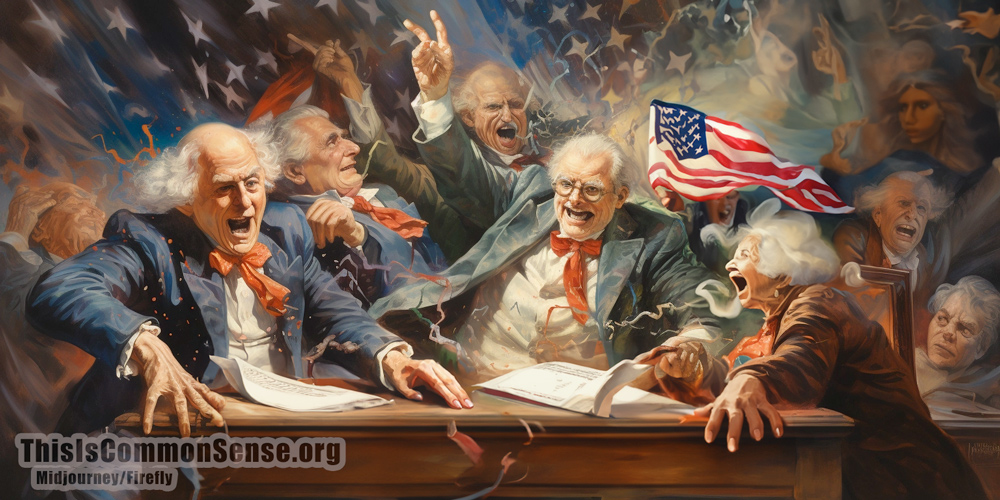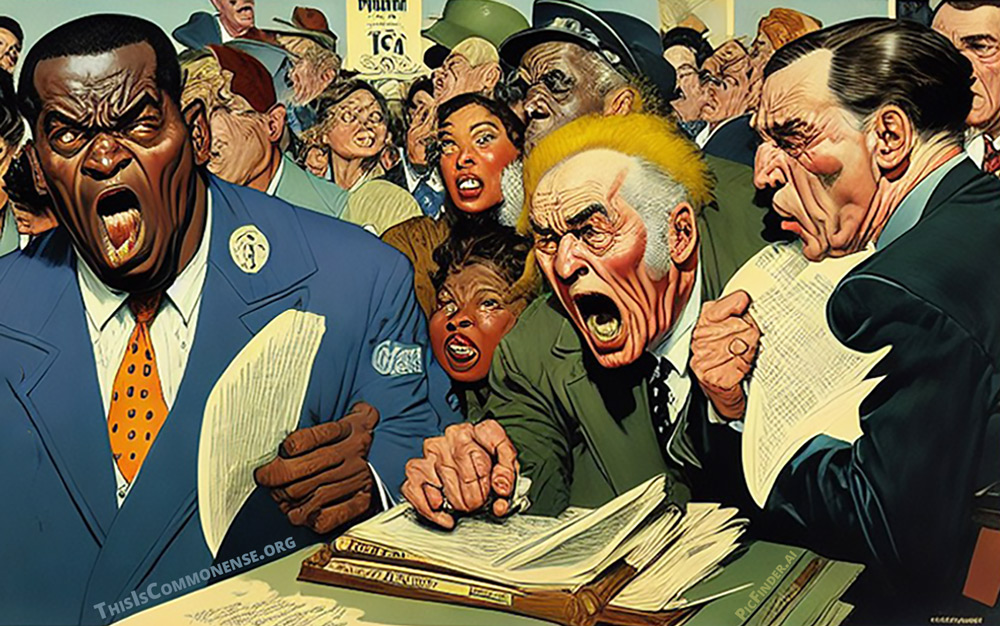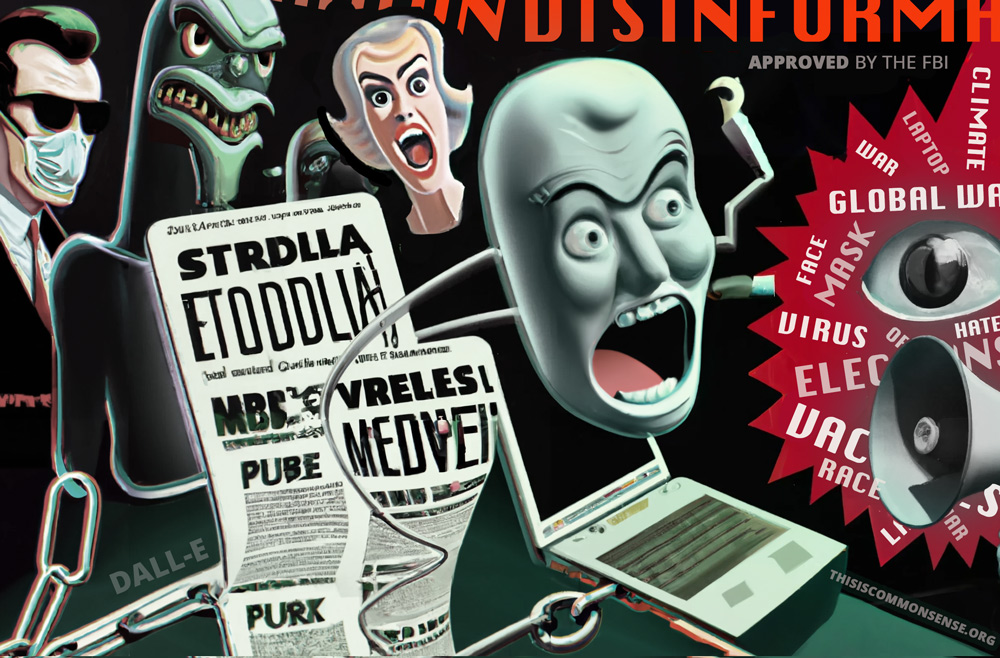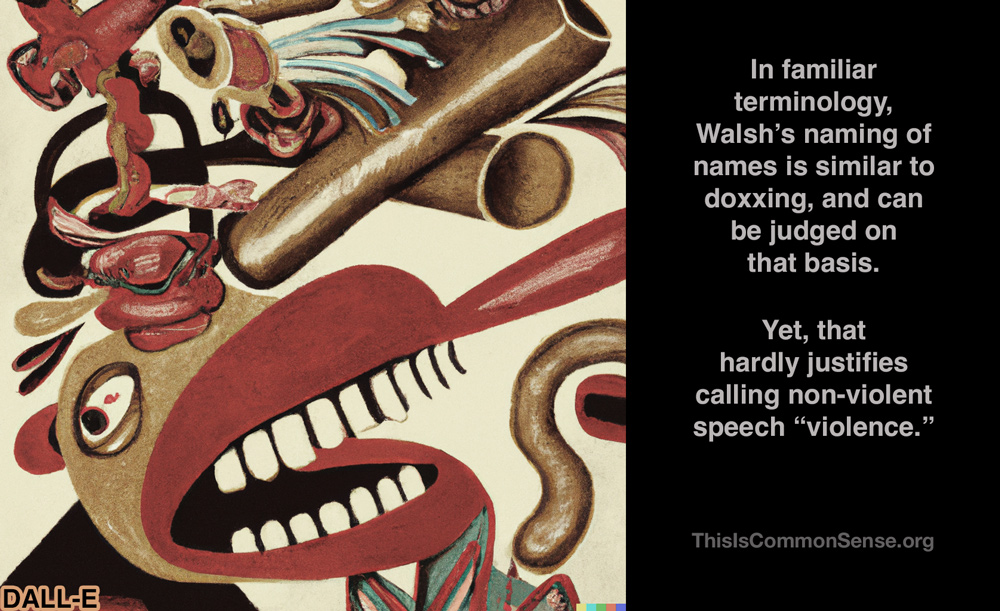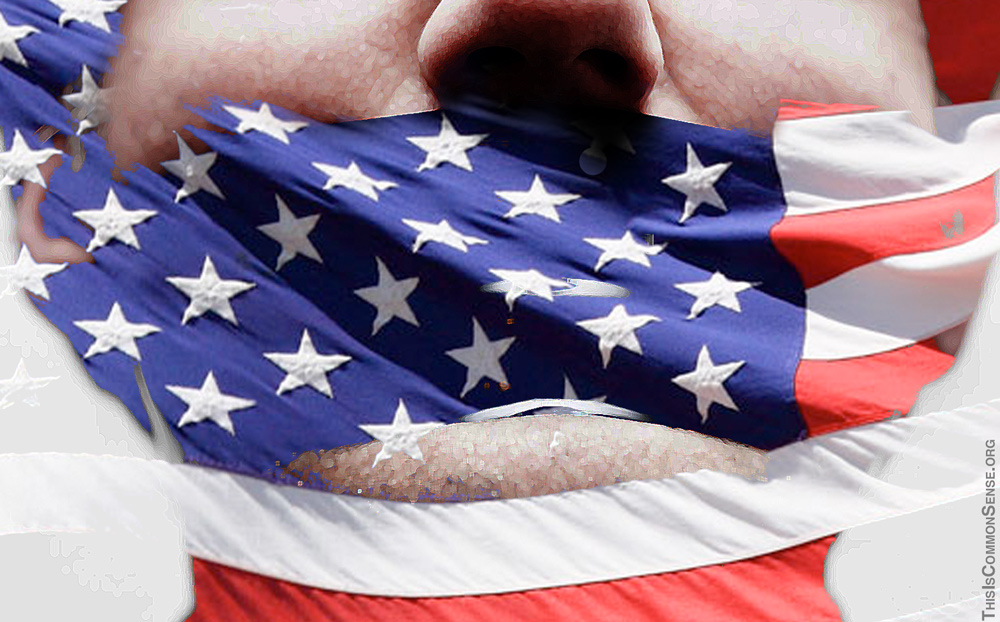Occasionally, the stars align and adversaries become allies.
So it is that dozens of Republican congressmen have filed an amicus brief to support an NRA lawsuit against Maria Vullo, a former New York State regulator of the financial services industry. And so it is that the NRA will be represented before the Supreme Court by the American Civil Liberties Union.
After the 2018 Parkland shooting, Vullo pressured financial service companies to boycott organizations like the National Rifle Association that advocate Second Amendment rights.
The NRA sued, contending that Vullo had acted against their First Amendment rights. When the Supreme Court agreed to take their case, the NRA thought: who better to represent us before the justices than the ACLU?
The ACLU, which has not always been consistent in defending free speech, agreed.
Its national legal director, David Cole, says that “the ACLU has long stood for the proposition that we may disagree with what you say but will defend to the death your right to say it.”
Although this case is also about speech, more directly it is about using governmental force to try to stop people from conducting peaceful financial transactions.
If such intimidation of financial companies — or, what is being challenged in separate litigation, of social media companies — were allowed to stand, government would be fully unleashed to threaten market actors in order to prevent constitutionally protected actions and speech that officials dislike.
Our constitutional rights made meaningless.
This is Common Sense. I’m Paul Jacob.
Illustration created with Midjourney and Firefly
—
See all recent commentary
(simplified and organized)
